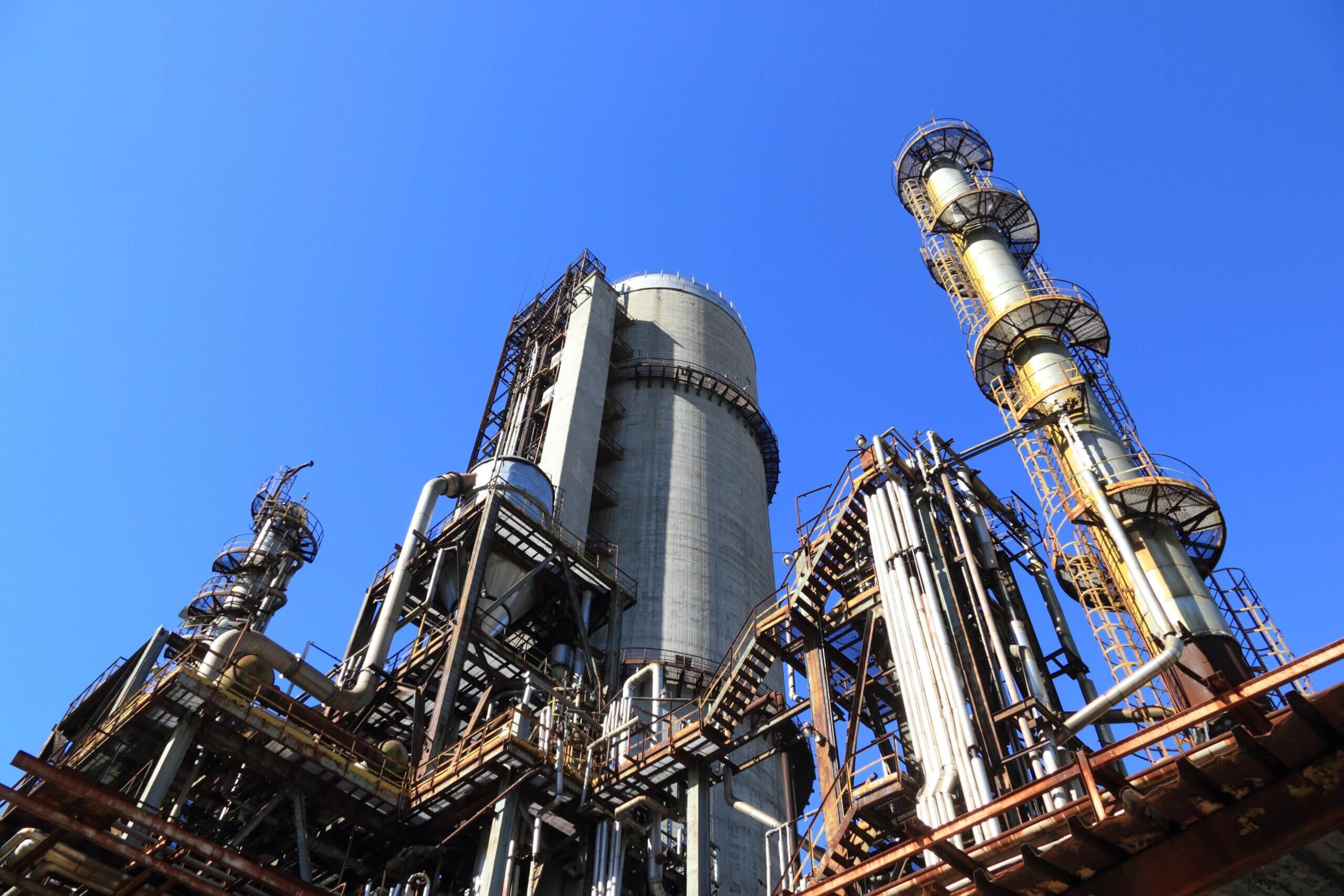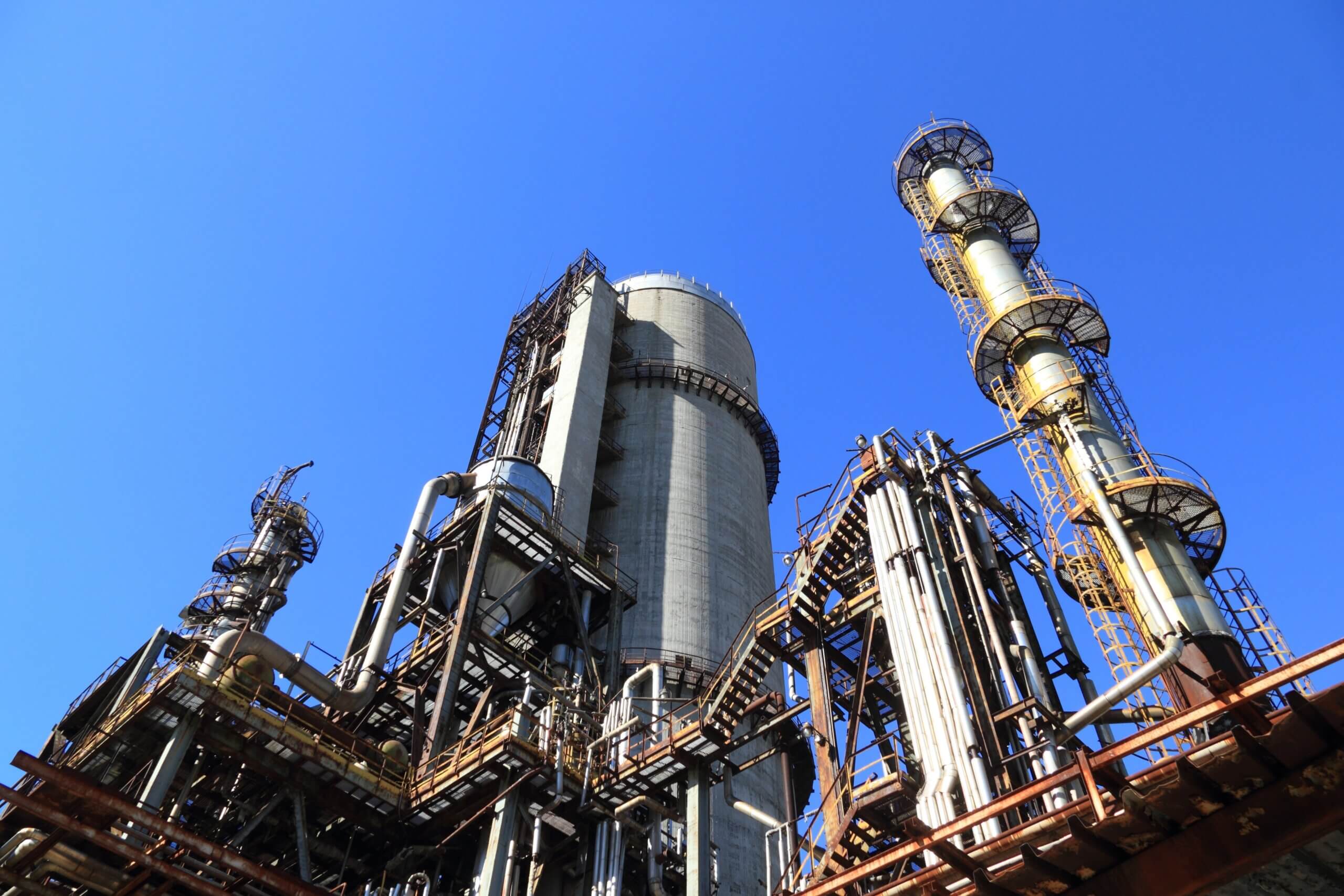“Deglobalization” has entered the narrative zeitgeist. But what’s happening on the ground? This weekly series seeks to answer that question with a round-up of deglobalization developments from the week that’s done.
1. Apple is adding a second producer of the iPhone 14 in India, further diversifying away from its primary assembly base in China. The facility will be operated by Pegatron, a Taiwanese company. This development comes as Chinese authorities impose an abrupt COVID-19 lockdown on Apple’s iPhone Pro manufacturing hub in Zhengzhou, China, which is operated by Foxconn Technology Group.
2. The Canadian government ordered Chinese companies to divest from three Canadian lithium miners, citing national security reasons under the Investment Canada Act. The measure affects the investments of Sinomine Rare Metals Resources Co., Chengze Lithium International Ltd., and Zangge Mining Investment Co. in Canada’s Power Metals Corp., Lithium Chile Inc., and Ultra Lithium Inc., respectively.
3. Bright Machines, a startup whose microfactories automate electronics production lines, announced $132 million in debt and Series B equity funding. The $100 million in equity funding was led by Eclipse Ventures; the debt portion by Silicon Valley Bank. Bright Machines frames itself as a reshoring enabler: ““We believe our solutions provide an essential pathway for the [product assembly] industry’s transition to more local, resilient, and sustainable operations” said the company’s founder Lior Susan.
4. Maersk warned this week that container demand will fall as much as 4 percent this year – but that price pressures on supply chains will remain, thanks to high energy costs and labor shortage. “Freight rates are coming down — that will detract from inflation — but we still have very high energy costs and we also have a very, very strong labor market in most countries,” Maersk Chief Executive Soren Skou told Bloomberg. “So I’d be surprised if inflation comes down rapidly from here.”
5. A Deloitte report found that 62 percent of surveyed manufacturers have started reshoring or near-shoring their production capacities: The survey included 305 transport and manufacturing firms, most of them American, with annual revenues of between $500 million and $50 billion. Altogether, Deloitte projects that US firms will reshore almost 350,000 jobs in 2022. Key factors driving the trend? Supply chain snarls, e-commerce’s rise, geopolitical tension, export restrictions, robotics and automation, and US incentives for production in the US, Canada, and Mexico.
6. Bank of America projects that Mexico is poised to be the main beneficiary of deglobalization trends: In a note last week, the bank called nearshoring to Mexico a “lifetime opportunity” for those interested in investing in the country – thanks to supply chain crisis, tense US-China relations, and the free trade agreement between the US and Mexico.
7. Greg Heckman, CEO of St. Louis-headquartered grain trading company Bunge, warned investors on October 26 that “globalization is done for a period of time.” The announcement came after the company announced it was profiting from crop shortages exacerbated by the war in Ukraine and global volatility more broadly — leading its share prices to jump seven percent.
(Photo by Pexabay/Pexels)




